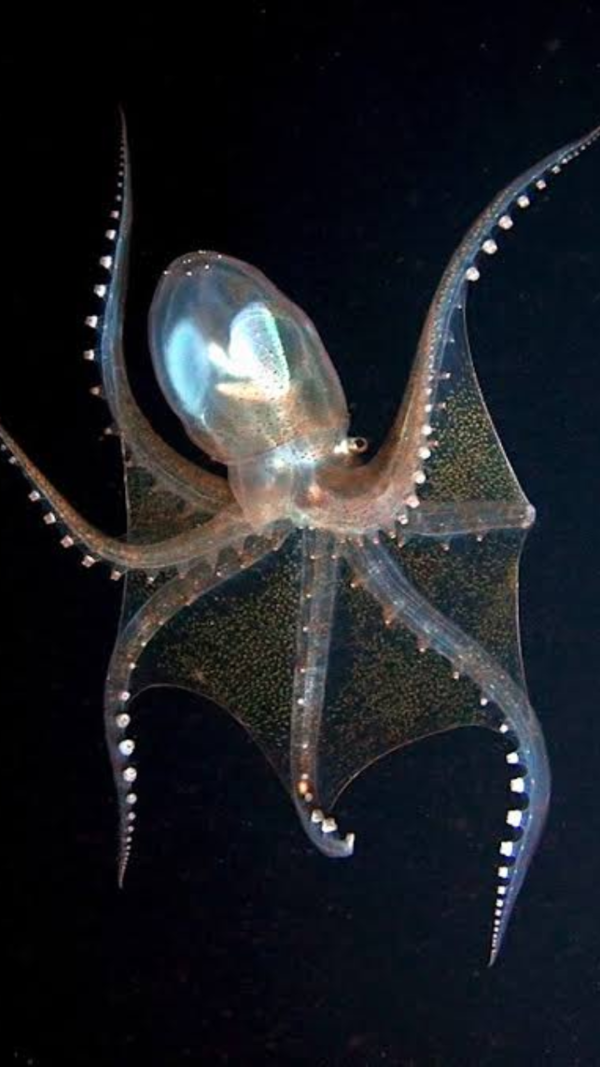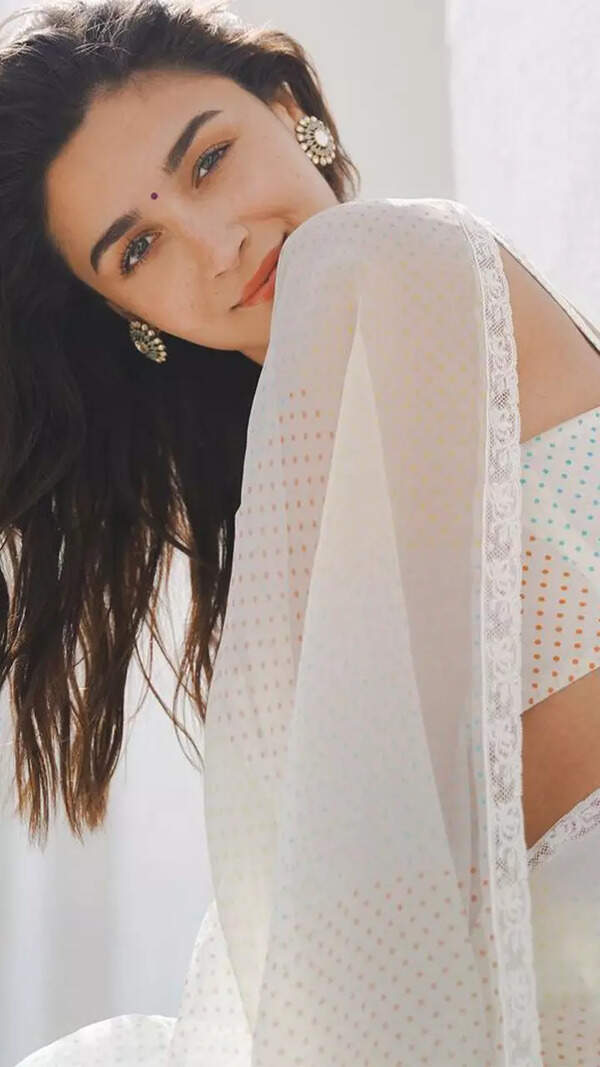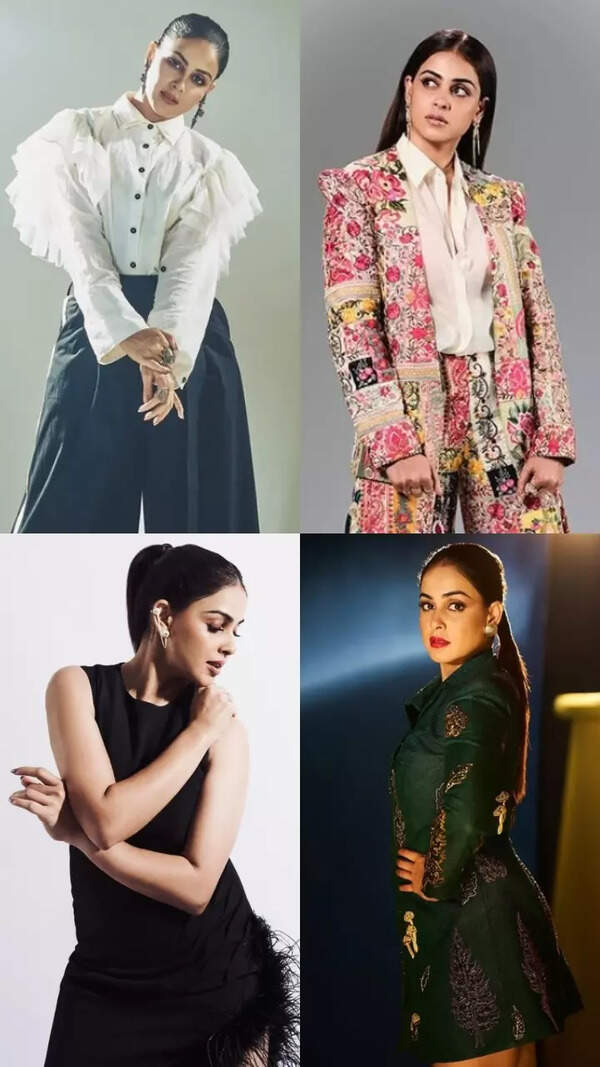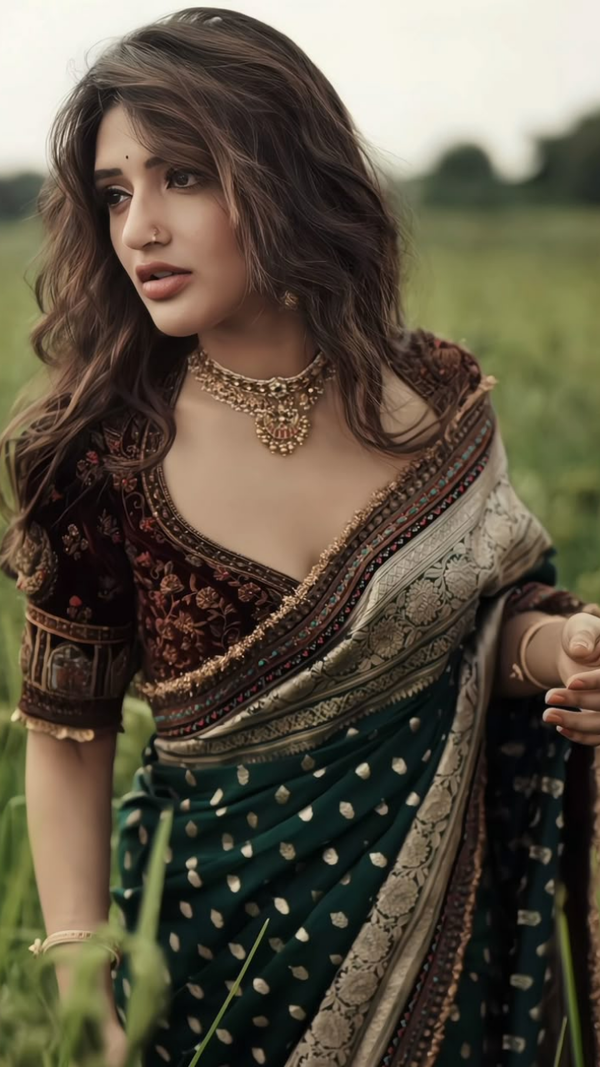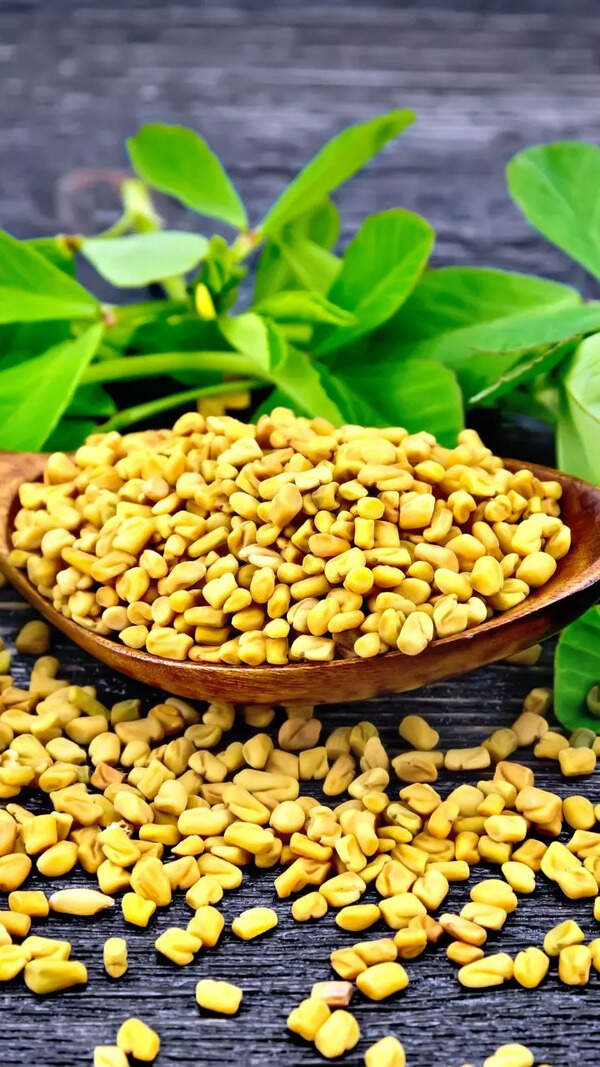Navratri Colours 2024: Nine colours of Navratri and their significance

Navratri Colours 2024: The custom of wearing a Navratri colour ensemble
A specific colour has been dedicated to each day of Navratri which is considered sacred and auspicious. During these 9 days, men and women are spotted wearing these iconic traditional ensembles with each day the colour standing out of the crowd and representing something sacred related to the Goddess. Wearing a specific colour every day during Navratri is believed to beautify the festive spirit and allow the devotees to be connected to the divine energy of the Goddess. Let’s see the nine colours and their significance.

Navratri Colour Day 1: Orange
Orange is worn on day 1 to worship the ‘daughter of the mountains’ Goddess Shailputri on the very first day of this festival. It is one of the names given to Goddess Durga and embodies nature and purity. People should wear orange on this day which signifies the warmth and love for each other, whereas the bright shade of orange also uplifts the energy in the room.
(Image Credits: Pinterest)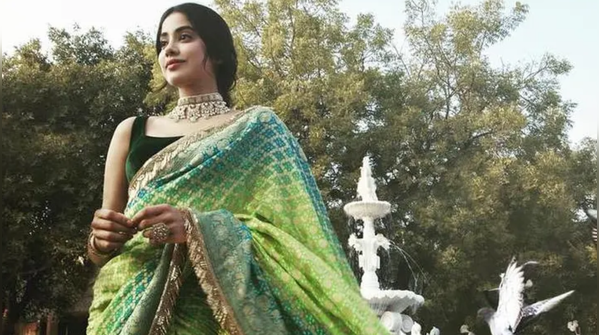
Navratri Colour Day 2: Green
Dedicated to Goddess Brahmacharini, people adorn green clothes devoting the day to Goddess Parvati’s unmarried form. It is believed that Brahmacharini won her husband Lord Shiva with a strict penance for marriage evoking a sense of peace, serenity, and growth. This colour also symbolises nature representing Katyayani’s bravery and protection.
(Image Credits: Pinterest)Read more:Navratri 2024: These 9 Devi mantras in Navratri will make all your desires come true

Navratri Colour Day 3: Grey
On the third day, devotees worship Chandraghanta, the married form of Goddess Parvati. This name is derived from the half-moon placed on her forehead which indicates serenity and beauty. Representing the colour of the moon i.e. grey, this shade signifies strength, the ability to be resilient, and also gives you the ability to overcome obstacles.
(Image Credits: Pinterest)Read more:Navratri 2024: 21 Maa Durga mantras and quotes to share with your friends and family
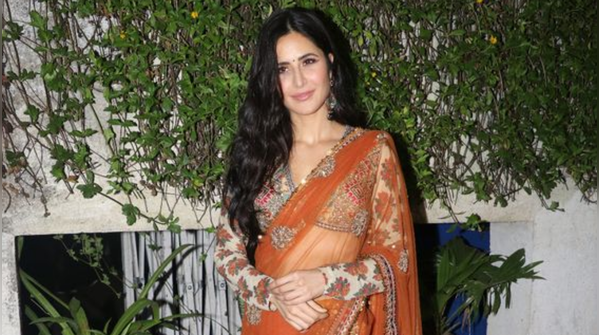
Navratri Colour Day 4: Orange
Celebrating Goddess Kushmanda on the fourth day of this festival, deities should wear orange as it will bestow you with warmth and exuberance. Goddess Kushmanda is known to be the creator of the universe and the shade of orange instantly fills up the room with positive energy just like the blessings of the Goddess.
(Image Credits: Pinterest)
Navratri Colour Day 5: White
The fifth form of Goddess Durga i.e. Skandamata is celebrated by the devotees. Her name is derived from two Sanskrit words i.e. Skanda (the God of War), and Mata (Mother of Murugan). White is associated with purity and innocence, representing the nature of Goddess Parvati. Wearing white on this day signifies to help devotees become worthy of Goddess Parvati’s blessings.
(Image Credits: Pinterest)
Navratri Colour Day 6: Red
Celebrating the sixth form of Goddess Durga, Katyayani, she is known for her powerful and fierce nature. This shade is associated with love, strength, and passion. It is also a sacred shade as the colour of ‘Chunri’ i.e. the traditional scarf offered to the Goddess also comes in the shade of red representing reverence and sacred devotion.
(Image Credits: Pinterest)See more: Navratri Colors List 2024
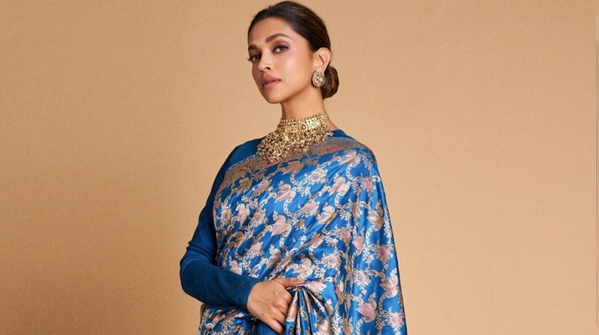
Navratri Colour Day 7: Royal Blue
Royal Blue is associated with the destructive form of Goddess Durga i.e. Kaalratri or Maa Kaali. To reflect the powerful yet calming nature of Maa Kaalratri, devotees wear royal blue which symbolises depth, richness, and tranquillity. It also symbolises the vastness of strength and the depth of wisdom vanquishing ignorance and evilness.
(Image Credits: Pinterest)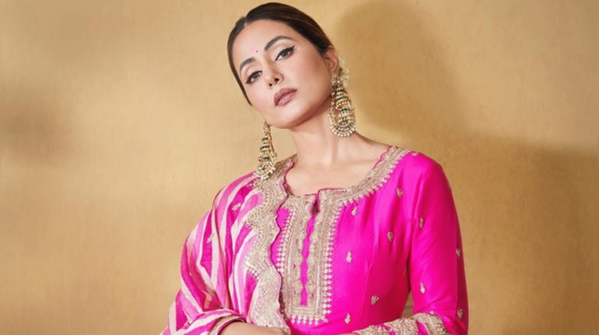
Navratri Colour Day 8: Pink
The eighth form of Goddess Durga i.e. Mahagauri is worshipped on Mahaashtami tithi. Her name means ‘extremely white’ reflecting the Goddess' pure soul and beauty. Pink is associated symbolising universal love, harmony, and affection which also brings a connection and compassion with Goddess Mahagauri’s gentle and nurturing qualities.
(Image Credits: Pinterest)Read more: Navratri 2024: Fasting Rules

Navratri Colour Day 9: Purple
On the last and final day of Navratri, Goddess Durga takes the form of Maa Siddhidatri, who is known as the giver of meditative and supernatural powers. The shade of purple indicates nobility, luxury, and grandeur. Therefore, while worshipping the Goddess on the final day of Navratri, always wear purple to bestow devotees with richness, spiritual strength, and opulence.
(Image Credits: Pinterest)